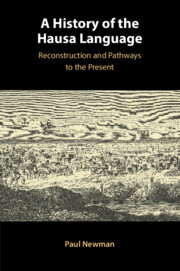Focusing upon the daily lives of young female Muslim apprentices in the sewing shops of Accra’s zongo communities, Cassiman argues that the sewing workshop may be understood as a playground in which young women may experiment with the normative chronologies shaping women’s lives, and with ideals of female respectability, self-making, and autonomy. Opening up the possibility to subvert the chrononormativity of apprenticeship and marriage, young seamstress apprentices carve out a platform from which they can exert specific forms of agency, by suspending marriage or hastening it, while trying out various possible futures.


